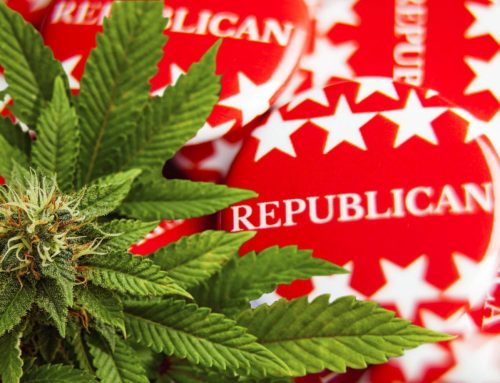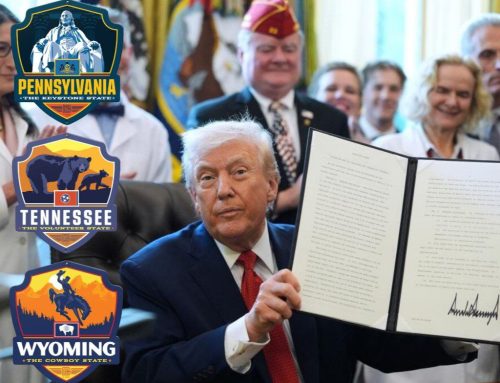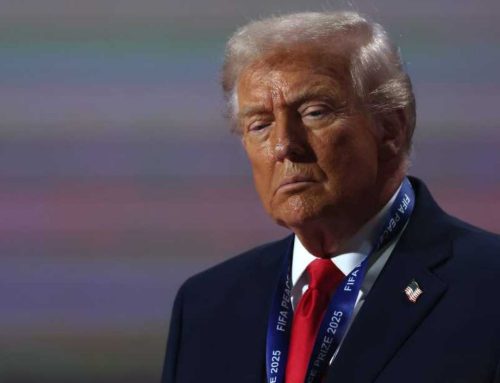Weed Wins Big In Election 2020
The 2020 election season in the United States was one of the most politically divisive of all-time but one result was clear: Americans want legal cannabis. Pot stocks soared after news that voters in five states approved marijuana ballot initiatives, and the announcement of Joe Biden as President-elect had the industry celebrating even further. Here’s a brief breakdown on all the wins for plant medicine:
Adult-Use and Medical Cannabis Legalized in Five Very Different States
The first huge win for the industry was revealed on election night when it was announced that four states — New Jersey, Arizona, South Dakota, and Montana — would be the next to fully legalize recreational cannabis (voters in South Dakota approved medical in a separate initiative). Mississippi, a deep-red state, approved medical cannabis as well, a surprising yet welcome move for advocates.
Psilocybin Therapy Approved in Oregon
In addition to decriminalizing the possession of small amounts of drugs, voters in Oregon pushed the envelope even further by saying ‘yes’ to psilocybin therapy. This cutting-edge treatment has professionals guiding patients through psychedelic experiences in the hopes of recovery from a myriad of mental health issues. There are currently several clinical studies on the subject, so far showing great promise, and the Oregon vote could be a watershed moment for plant medicine.
Joe Biden Projected As Winner of Presidential Race
While it didn’t happen on Election Night, the outcome of the presidential contest was welcome news the following weekend — especially for supporters of cannabis. President-elect Joe Biden and Vice President-elect Kamala Harris have stated several times during their campaigns the administration would to decriminalize possession of the plant and expunge the records of individuals with certain related criminal convictions. The United States House also announced a key vote on the MORE Act, which would effectively legalize cannabis, for December after what can only be assumed as an election-related delay.



































